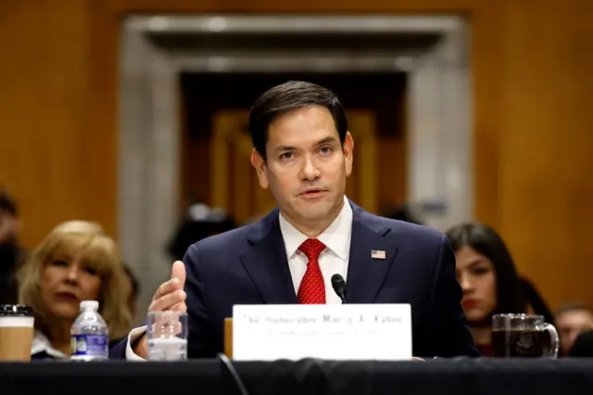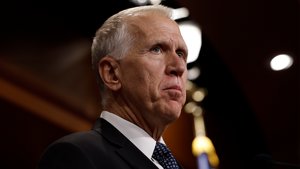
Judge Orders Signal Messages to DOJ in Trump Officials Probe
Federal judge orders Secretary Rubio to refer Trump officials’ Signal messages to DOJ, citing concerns over deletion and records law.
Federal Judge Intervenes in Trump Officials’ Signal Messaging Case
In a significant legal move, U.S. District Judge James Boasberg on Friday ordered Secretary of State Marco Rubio, who is also serving as acting archivist, to collect and refer any Signal messages belonging to senior Trump administration officials to the Department of Justice. The order specifically targets messages that may be at risk of deletion, in response to growing concerns about compliance with the Federal Records Act and transparency in government communications.
The order was issued after watchdog group American Oversight filed a lawsuit against five of President Donald Trump’s Cabinet members—including Rubio—following a report in The Atlantic revealing that officials used the encrypted messaging app Signal to discuss imminent military plans against the Houthis in Yemen. The report also detailed how National Security Adviser Mike Waltz inadvertently added an Atlantic journalist to the private Signal chat, exposing sensitive details.
Judge Boasberg acknowledged the gravity of the allegations and said the court record demonstrates the Trump officials "have thus far neglected to fulfill their duties" under federal records laws. However, he noted that his authority was limited in scope. "My hands are tied," Boasberg stated in court, clarifying that he could not take any action regarding messages that had already been auto-deleted and are likely permanently lost.
Watchdog Cites Ongoing Concerns Over Recordkeeping
American Oversight’s lawsuit argued that the officials’ use of Signal for government work, combined with the app’s auto-delete function, put important federal records at risk of erasure. Executive Director Chioma Chukwu responded to Boasberg’s ruling by noting, “It should never have required court intervention to compel the acting Archivist and other agency heads to perform their basic legal duties, let alone to refer the matter to the Attorney General for enforcement.” Chukwu emphasized that while the group’s current lawsuit is closed, they are "fully prepared" to return to court if the administration fails to comply with the order.
Among those identified in the Signal group chat were Secretary of Defense Pete Hegseth, CIA Director John Ratcliffe, Director of National Intelligence Tulsi Gabbard, and others. The Trump administration denied any wrongdoing, insisting that the communication was "sensitive" but not "classified." At a press conference, Attorney General Pam Bondi sidestepped questions about an investigation, reiterating the administration’s stance that the messages were not subject to the same requirements as classified information.
The Pentagon’s inspector general has since launched its own probe into the incident, acting on a bipartisan request from the Senate Armed Services Committee in April. Judge Boasberg’s order mandates Secretary Rubio to ensure all relevant Signal communications are preserved and referred for DOJ review, as required under the Federal Records Act.
As the legal battle highlights persistent challenges in government recordkeeping and transparency, it also signals that further scrutiny may lie ahead for officials who rely on encrypted, ephemeral messaging apps for conducting official business. The outcome of the DOJ review and any follow-up action will likely have implications for digital communication policies at the highest levels of government.






